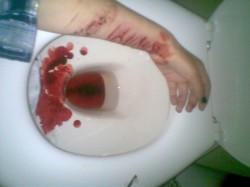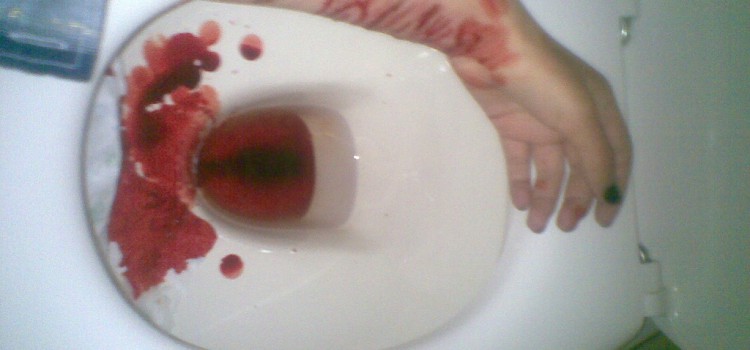 The road to alcohol and drug addiction recovery can often be fraught with the danger of a relapse, which is damaging to both addicts and their quest for sobriety. For those struggling with recovery, this is not a sudden or unheralded event, but one marked by progressive experiences of doubt and renewed denial that can manifest further destructive behavior, making sobriety a daunting task.
The road to alcohol and drug addiction recovery can often be fraught with the danger of a relapse, which is damaging to both addicts and their quest for sobriety. For those struggling with recovery, this is not a sudden or unheralded event, but one marked by progressive experiences of doubt and renewed denial that can manifest further destructive behavior, making sobriety a daunting task.
Warning Signs of Relapse
Warning signs include feelings of immobility, increased anxiety or depression over maintaining a sober lifestyle and reversion to denial wherein the individual insists that everything is alright when in reality it is not. Once these and other warning signs have been identified, taking preventative action is crucial in making sure that regression to old habits is not a threat to one’s health and lifestyle.
What Steps Are Next?
The best course of action for any addict on the brink of relapsing is to have a support system at the ready. This can be as simple as having a sponsor on speed dial or having a list of supportive friends or family on hand so that there will always be someone available to talk to in times of crisis. In many addiction rehabilitation facilities, the idea that sobriety is best achieved with the encouragement and support of others is widely promoted, because even the most committed individual can sometimes feel overwhelmed by the pressures of sobriety.
A sponsor or sympathetic friend or family member can provide the necessary comfort needed to maintain a level head and avoid the possibility of a relapse. Another necessary action to prevent a relapse is to be highly aware of any possible “triggers” that may spark the desire to begin using again.
Triggers can include being in the company of people who use or being in an environment where the use of drugs and/or alcohol is promoted. It is important to avoid these kinds of situations because they may prompt the addict to begin using again. In any kind of recovery circumstance, it is always best to avoid temptation of any kind until a level of comfort and confidence in maintaining sobriety is achieved.
When all else fails in a relapse crisis situation, the absolute best course of action is to attend a meeting. Any recovering addict should always have a list of daily meetings in their area that they can attend should the urge to use strike them. Going to a meeting can provide reassurance that, with enough support and encouragement, sobriety can be achieved.
Being in an environment with other addicts, some maybe even facing similar crises of possible relapse, can provide immense comfort in the realization that there are others out there fighting the same fight to stay sober. A daily meeting can act as an “antidote” for any urges or cravings, and can be the reinforcement an addict needs to cultivate a happy and healthy sober lifestyle.
Relapse is a somewhat common occurrence in recovery; it stands as a testament to the power that addiction can hold over someone and how difficult it can be to vanquish an unhealthy dependence. But as long as a positive attitude is maintained, coupled with the ready support of caring friends and family, sobriety in a happily fulfilled lifestyle is an unlimited possibility.
This article was written by Emily Brightman, an expert in the Addictions category at www.yoexpert.com
